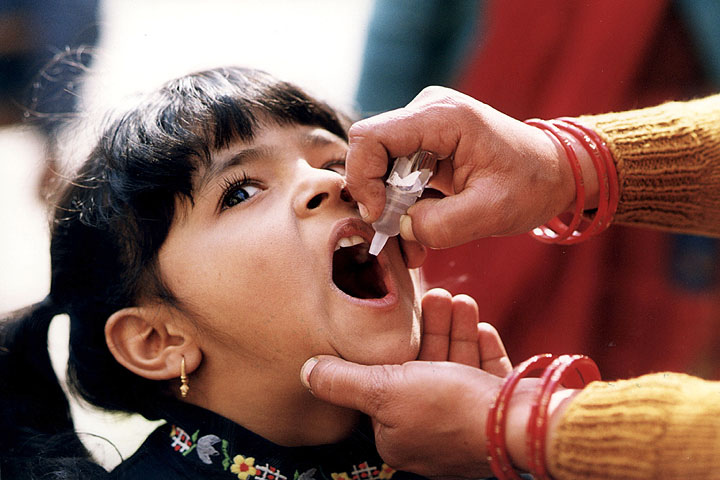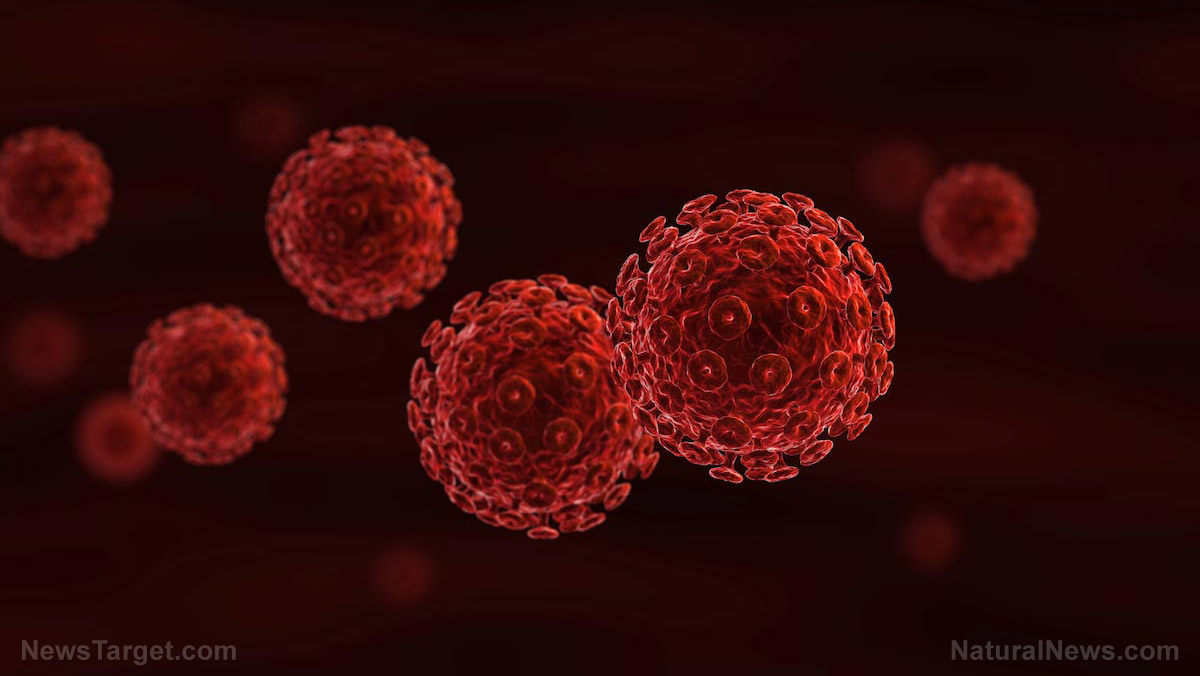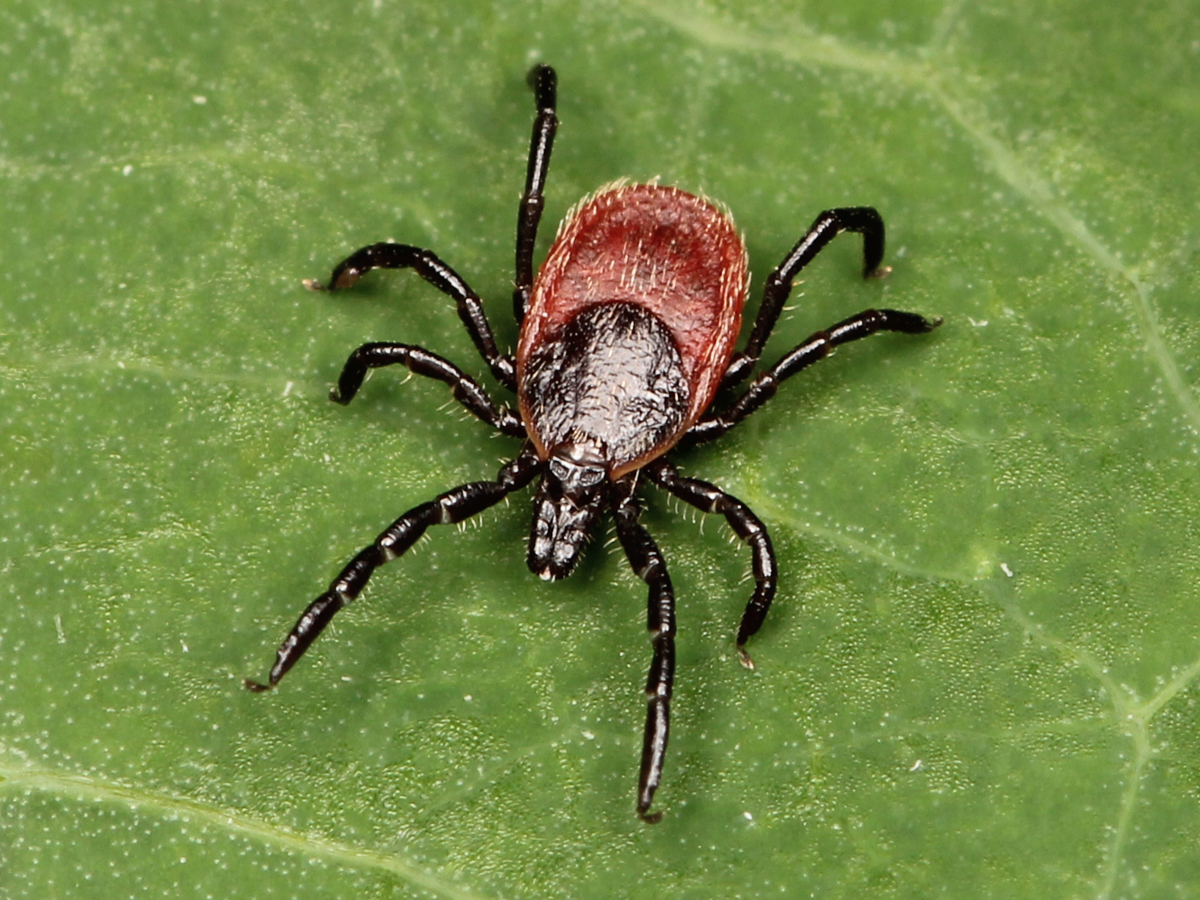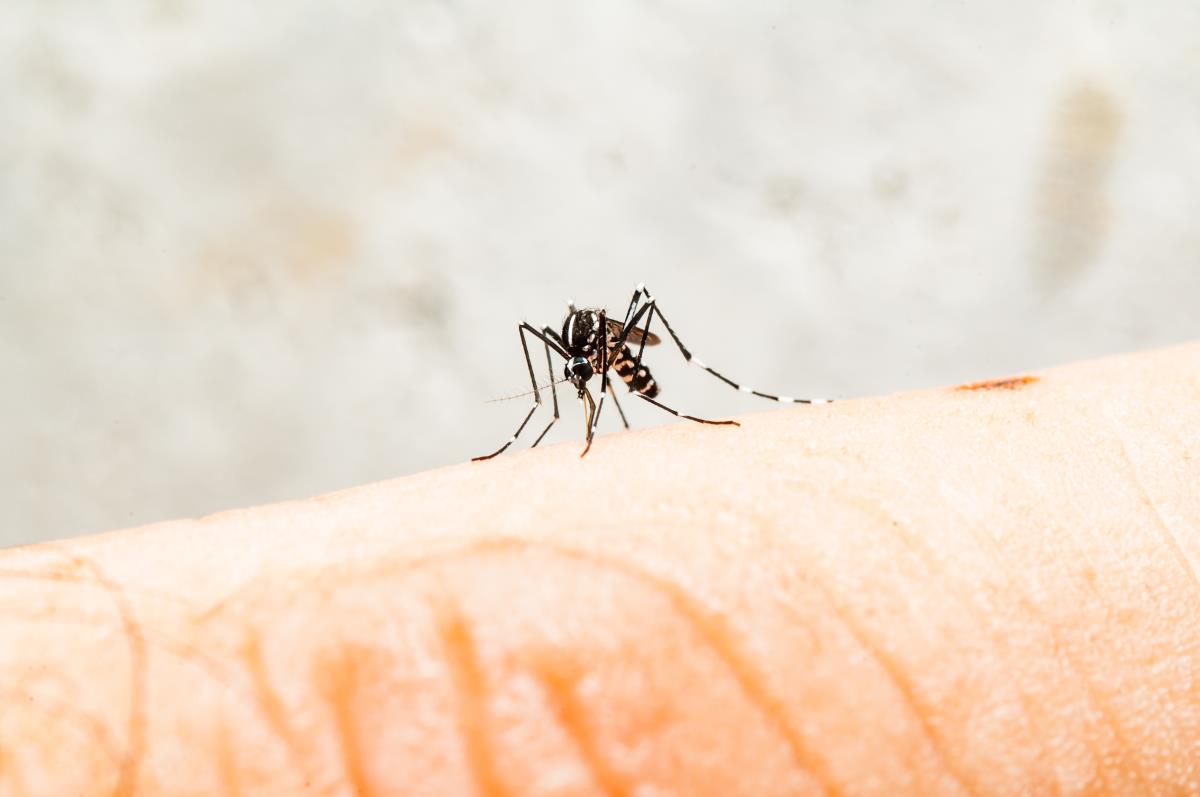Researchers discover why people with a “co-infection” of two or more parasites often get worse after treatment
01/04/2019 / By Michelle Simmons

An international research team has discovered why people with a co-infection of two or more parasites often get worse after deworming. The research team analyzed data from an Indonesian study that involved 4,000 patients who had two parasitic infections: malaria and hookworm. They concentrated on the malaria patients who had also received deworming treatment. The team then discovered previously unknown interactions between the species.
In the study, they used an ecological perspective in order to determine why people co-infected with two or more parasites often get sicker after getting dewormed. With this perspective, they found that malaria parasites and certain worm species, such as hookworms, depend on the same resource within the host ecosystem – the red blood cells, which carry oxygen throughout the human circulatory system.
“Malaria parasites are ecologically in a similar position to those herbivores,” said Andrea Graham, one of the researchers from Princeton University. “They’re depending on resources below them on the food chain – for herbivores it’s the greenery, for malaria parasites it’s the red blood cells – and then all of them are subject to predation from above. For herbivores it’s predators like lions, for parasites it’s the immune system.”
Likewise, worms are in the same position in the food chain where they are at risk from immunological predators, and hookworms eat red blood cells. The hookworms surpass one species of malaria, Plasmodium vivax, while P. falciparum, the other species of malaria can beat hookworms, particularly when they are newly infecting a previously dewormed person. Moreover, the researchers found that when hookworms reduce the number of red blood cells, the vivax does not have enough to replicate as rapidly, as the malaria species is pickier in which red blood cells it can use. However, the falciparum can find enough red blood cells to replicate, as it can use any red blood cell around.
“So the worms slow down the vivax because it’s a really finicky eater, whereas the falciparum, which will eat anything, outcompetes the worms,” explained Sarah Budischak, the first author of the paper.
Their findings indicated that deworming enables vivax malaria populations to increase by nearly three times, which can potentially worsen the severity of some malaria infections. (Related: Malaria cure “developed” by academic institute found to have been documented in ancient Chinese Medicine text written over five centuries ago.)
“If you mass administer deworming pills, you risk making individuals who have vivax malaria hiding in their blood cells sicker — and you also might make the mosquitoes more likely to pick up malaria and pass it on from those individuals,” said Graham.
More on malaria
Malaria is a disease that is caused by a parasite, which is transmitted by the bite of infected mosquitoes, and is common in tropical areas. A mosquito gets infected by feeding on a person who has malaria. Then, if this mosquito bites another person, it can transmit malaria parasites. The parasites will then travel to the liver, where some types can remain dormant up to one year. Matured parasites will then leave the liver and infect the red blood cells, which causes malaria symptoms. People can also get infected by malaria by getting exposed to infected blood. Signs and symptoms of malaria include recurrent attacks of moderate to severe shaking chills, high fever, and sweating. An infected person may also experience other signs and symptoms such as headache, vomiting, and diarrhea.
If you’d like to read more news stories and studies on infections, you may go to Outbreak.news.
Sources include:
Tagged Under: co-infection, deworming, hookworms, infections, Malaria, parasites, red blood cells, research



















